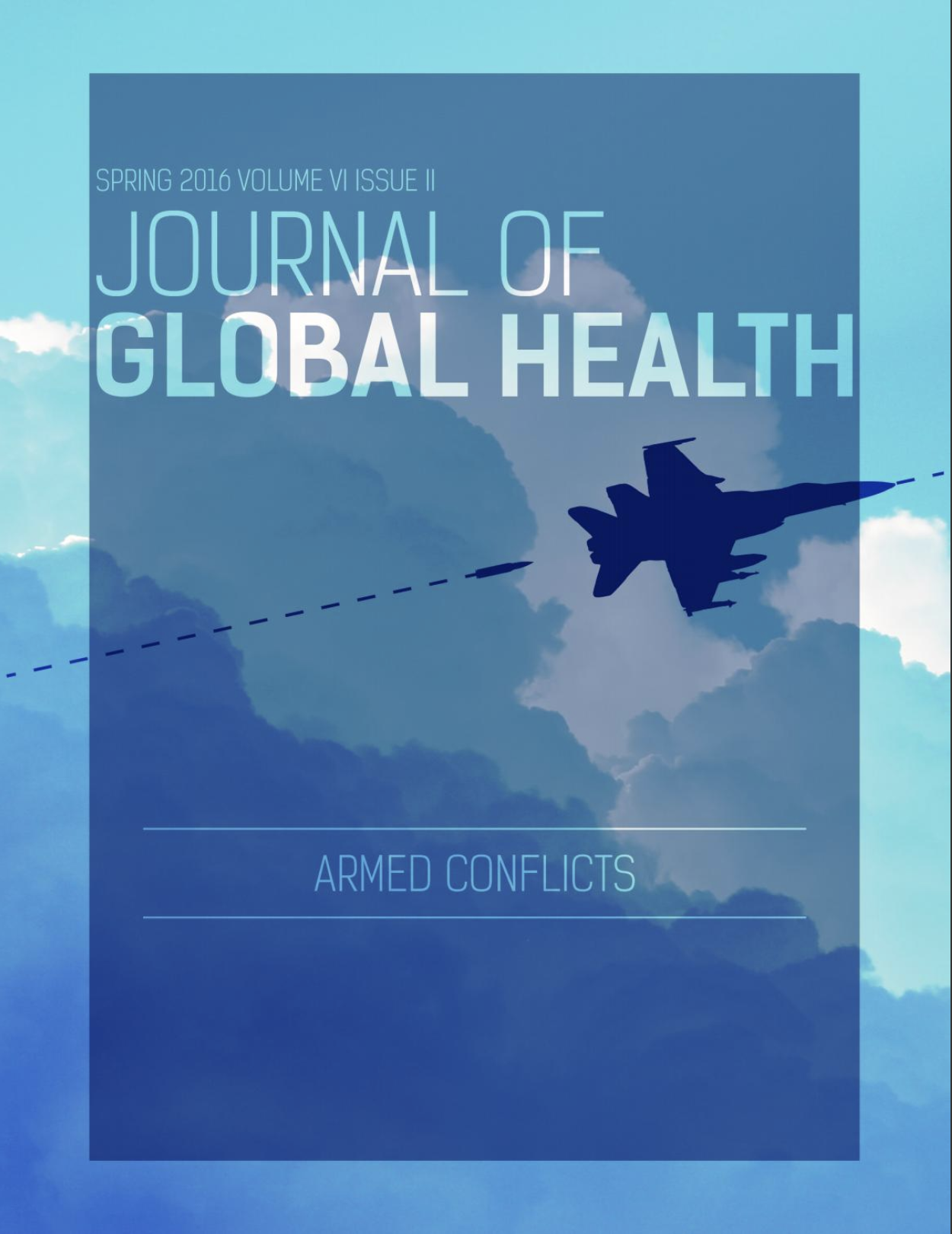Effects of Conflict Zones on Two Western Healthcare Systems: Italy and Israel
Main Article Content
Abstract
In the last decade, and especially since recent events in the Middle East and ensuing wars, armed and military conflicts have risen to levels not witnessed in the past. Now, in nearly 50 geographic areas, civil wars, sectarian violence,famine, religious persecutions and genocide have caused significant population migration across borders, indirectly impacting medical care in neighboring recipient countries and continents. The United Nations, Council of European Union, and the World Health Organization have treaties, policies and articles addressing and outlining health delivery for migrants and refugees around the world. These policies serve as a legal framework for recipient countries to address this issue as part of their obligation to administer medical care. How these policies are translated into practice and the effects these policies have on healthcare delivery vary from one country to another, from one municipality to another, and from one hospital to another. Yet, overall, delivery of care is upheld and in line with the above mentioned policies. This qualitative study addresses how conflicts in North Africa and Syria impact hospitals and refugee sites in Florence, Italy and Nahariyya, Israel. It is based on direct participant observation, literature review and interviews with physicians, nurses and hospital administrators. The paper aims to outline how hospitals in these particular locations apply international laws, such as United Nations High Commission for Refugees (UNHCR), International Covenant on Economic, Social, and Cultural Rights (ICESCR) and UN Resolution 18/2816 and describes the challenges for staff, institutions and organizations providing care for patients affected by conflicts who are unable to access medical care in their native country.

